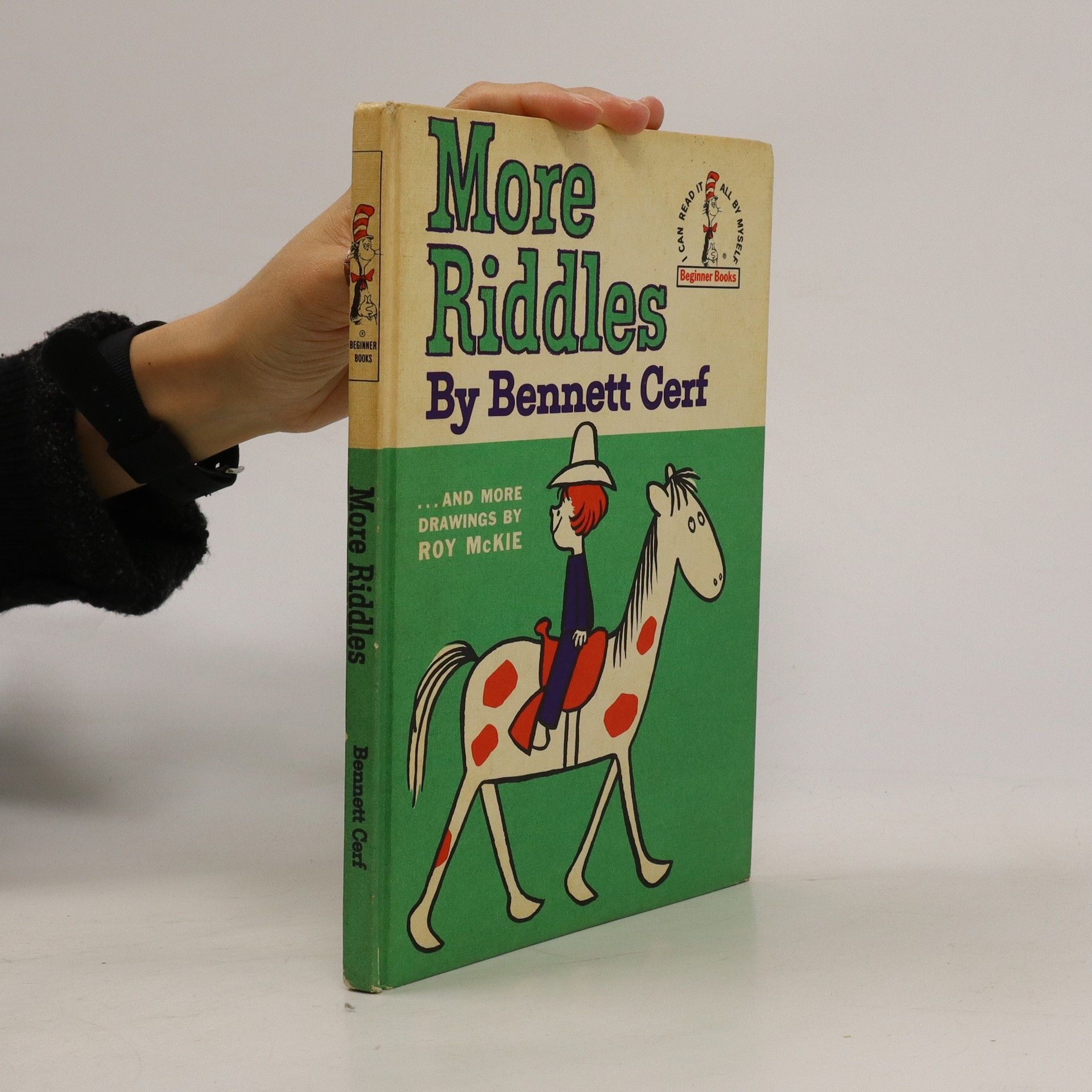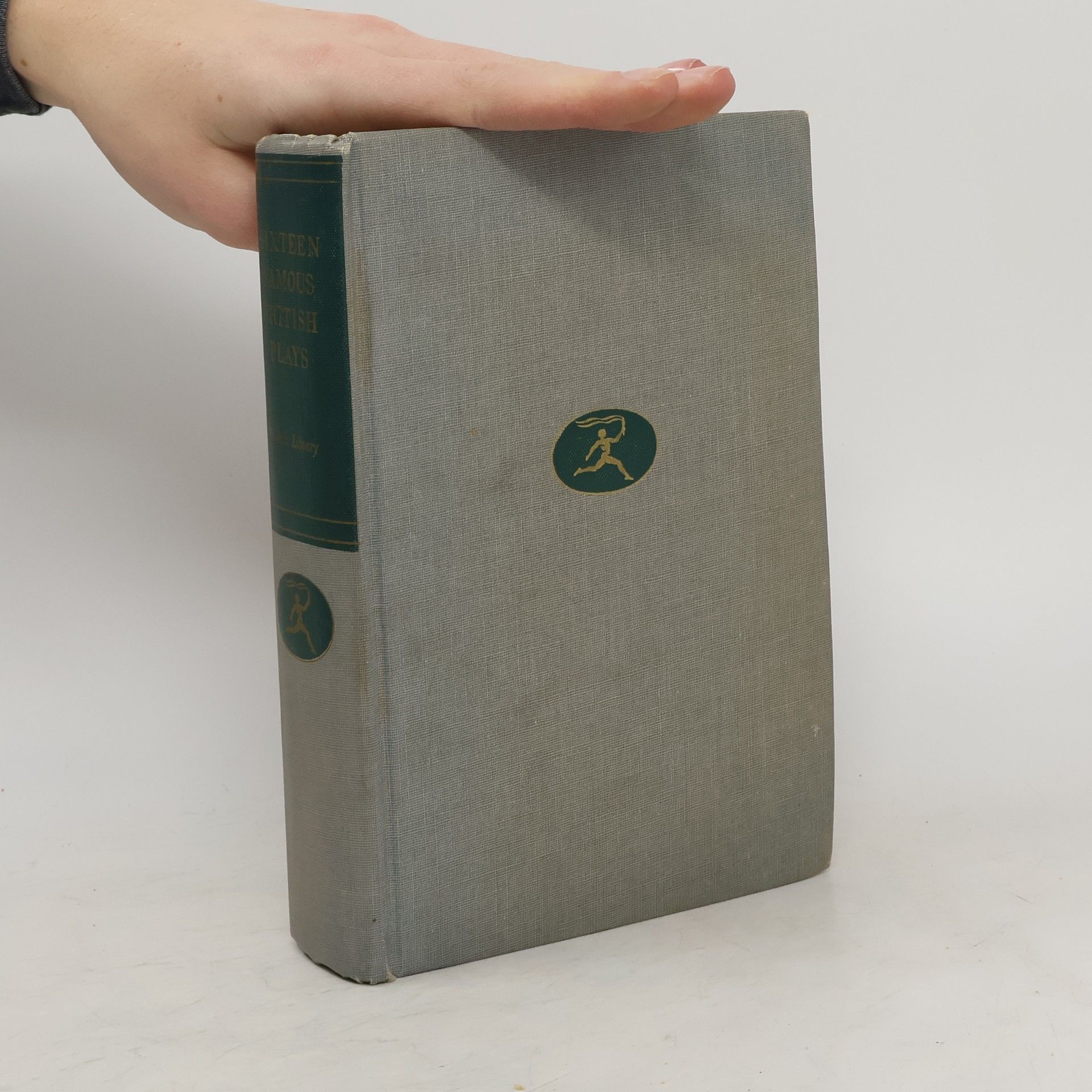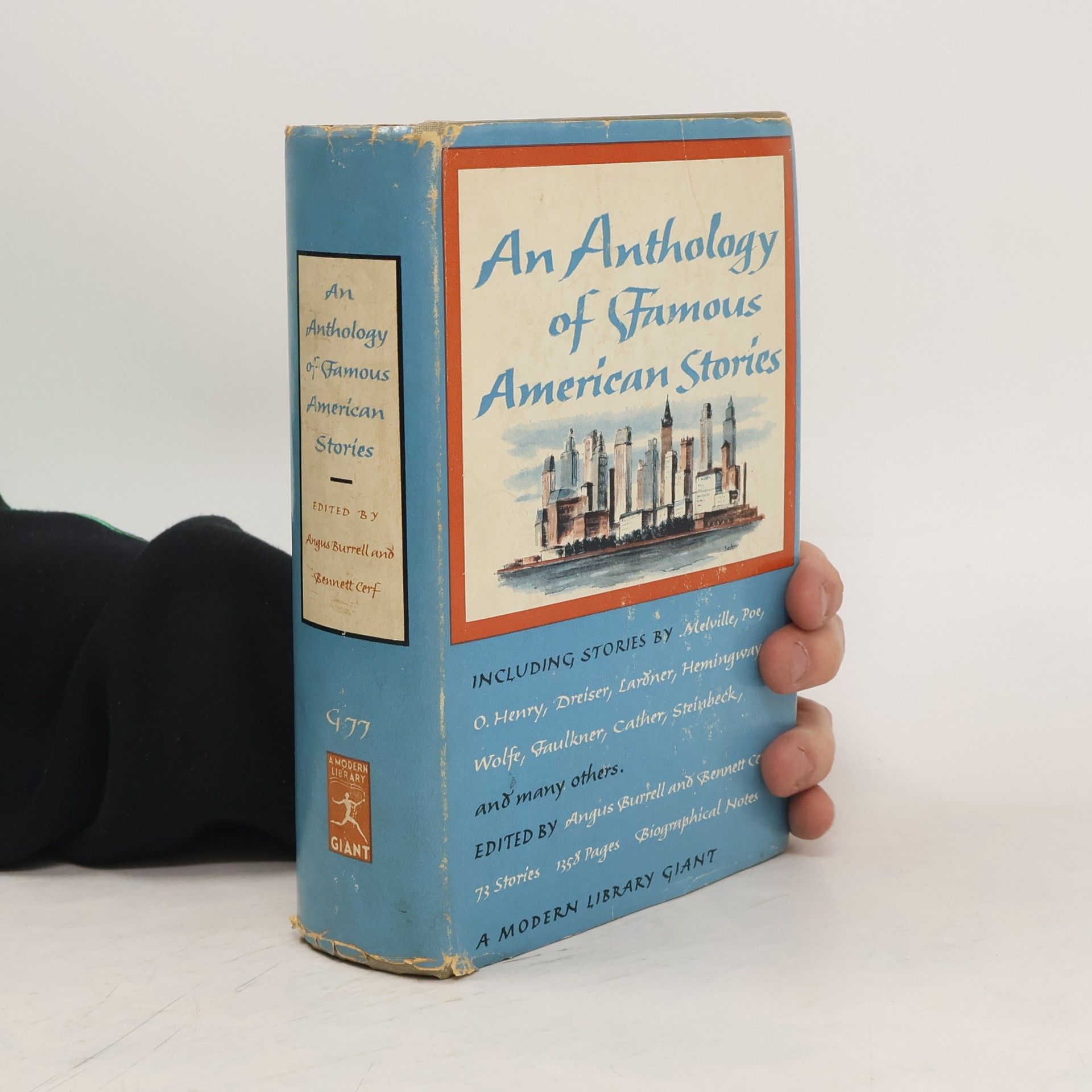“I’ve got the name for our publishing operation. We just said we were going to publish a few books on the side at random. Let’s call it Random House.” So recounts Bennett Cerf in this wonderfully amusing memoir of the making of a great publishing house. An incomparable raconteur, possessed of an irrepressible wit and an abiding love of books and authors, Cerf brilliantly evokes the heady days of Random House’s first decades.Part of the vanguard of young New York publishers who revolutionized the book business in the 1920s and ’30s, Cerf helped usher in publishing’s golden age. Cerf was a true personality, whose other pursuits (columnist, anthologist, author, lecturer, radio host, collector of jokes and anecdotes, perennial judge of the Miss America pageant, and panelist on What’s My Line? ) helped shape his reputation as a man of boundless energy and enthusiasm and brought unprecedented attention to his company and to his authors. At once a rare behind-the-scenes account of book publishing and a fascinating portrait of four decades’ worth of legendary authors, from James Joyce and William Faulkner to Ralph Ellison and Eudora Welty, At Random is a feast for bibliophiles and anyone who’s ever wondered what goes on inside a publishing house.
Bennett Cerf Libri
Bennett Cerf fu una figura chiave nell'editoria americana, co-fondando l'influente Random House. Coltivò una reputazione per le sue accattivanti raccolte di barzellette e aneddoti, mostrando un occhio attento per l'arguzia e la narrazione. La sua personalità emerse anche attraverso le sue popolari apparizioni mediatiche, rendendolo una figura pubblica riconoscibile e amata.






Bennett Cerf's Book of Riddles
- 62pagine
- 3 ore di lettura
An illustrated collection of riddles on various subjects.
Seventy-three unabridged stories by such noted authors as Irving, Melville, Poe, Faulkner, and Steinbeck appear in this collection


